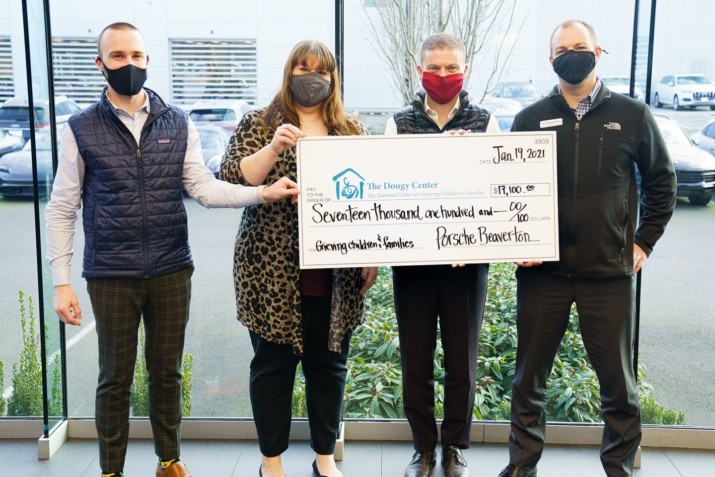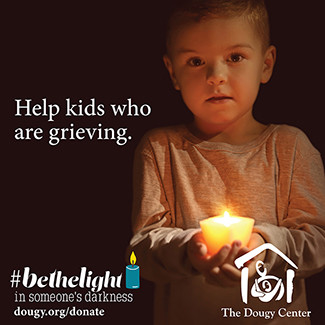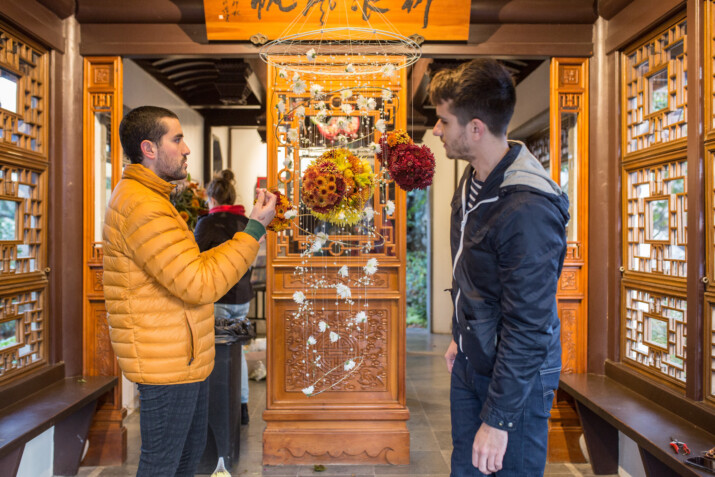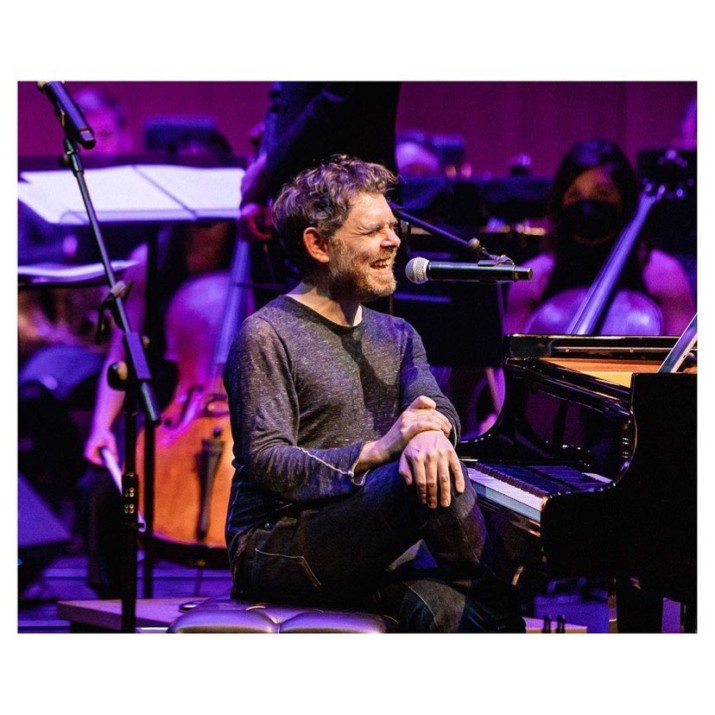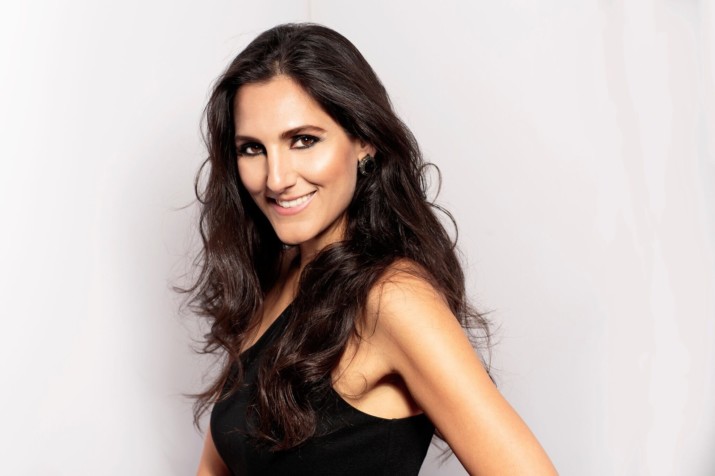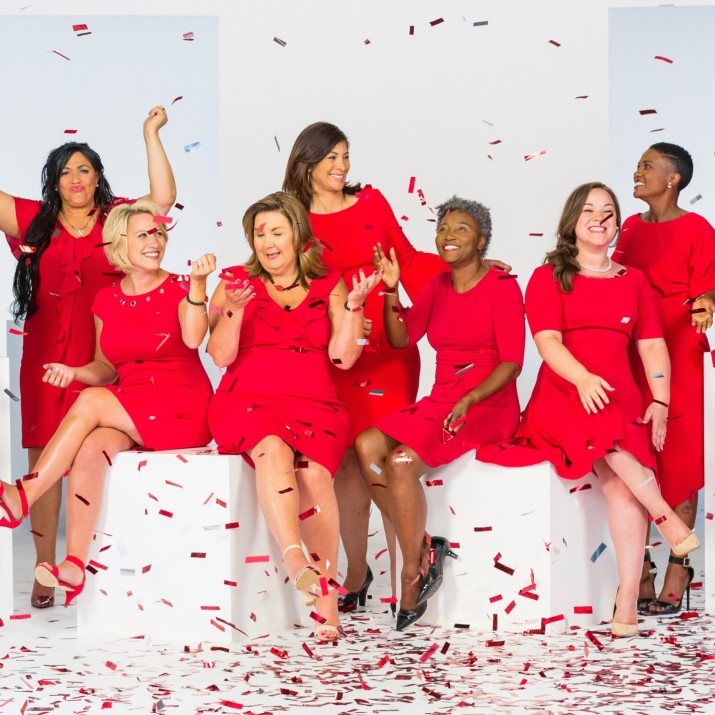The Dougy Center (founded in 1982) has been helping children, young adults, and families through their grief and trauma by teaching them that grief is not only natural but that there is no “right way” to grieve. the loss of a loved one. The Dougy Center is also offering many programs remotely for easy access from home.
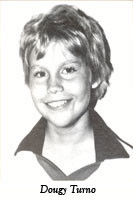
Dougy Turno, a 13 year old boy who inspired the founding of the Dougy Center for grieving children and familes.
Despite the social stigmas surrounding the display of grief and sadness, the Dougy Center seeks to raise awareness to break down the barriers of mental health. In a paper written by Dr. Donna Schuurman and Dr. Monique Mitchell (two directors at the Dougy Center), they explain that grief manifests itself in various ways through many social facets of our lives, leading to a complicated social web of emotional response and management with no easy answer. Further, they say that dealing with one’s grief has no time-line or direction and that it can last a lifetime. They say, during this time of pain and loss across the nation and the globe, it’s important to remember that you are not alone and that there are resources for you.
Yet, the Dougy Center doesn’t place sole responsibility of mental health awareness and management on health care professionals. Rather, their mission is one of mutual aid (read: reciprocal aid and cooperation) and community involvement. This is an important distinction as health care access is expensive and often inaccessible, especially when considering mental health. The Dougy Center has continually been a positive force within the community by offering training for individuals and/or organizations seeking to become grieving counselors, providing safe spaces for grieving children and their families, and raising awareness about mental health.
From the Dougy Center:
If you’d like to donate your resources or time, the Dougy Center has a plethora of options available to you. They also thrive on donations, which can be offered here.
The Dougy Center, the first center in the United States to provide peer support groups for grieving children, was founded in 1982. A courageous boy named Dougy Turno died of an inoperable brain tumor at the age of 13. In the two months prior to his death, he was a patient at Oregon Health Sciences University, where Beverly Chappell, at the request of Swiss psychiatrist and pioneer in the field of death, dying and bereavement, Elisabeth Kubler-Ross, supported Dougy and his family during his treatment. Bev quickly observed Dougy’s ability to bond with other teens facing serious medical issues, how he intuitively knew he was dying, and how he helped other kids talk about their fears. After his death, Bev envisioned a place where children, teens, and their parents coping with the death of a family member, could share their experience with others who understood, who didn’t tell them to “get over it” or judge how they chose to grieve. The first grief support groups met in Bev’s home and has grown from that grassroots effort to become a sought after resource for children and families who are grieving. It is still the only year-round child-centered program offering peer support groups to grieving families in our community.


